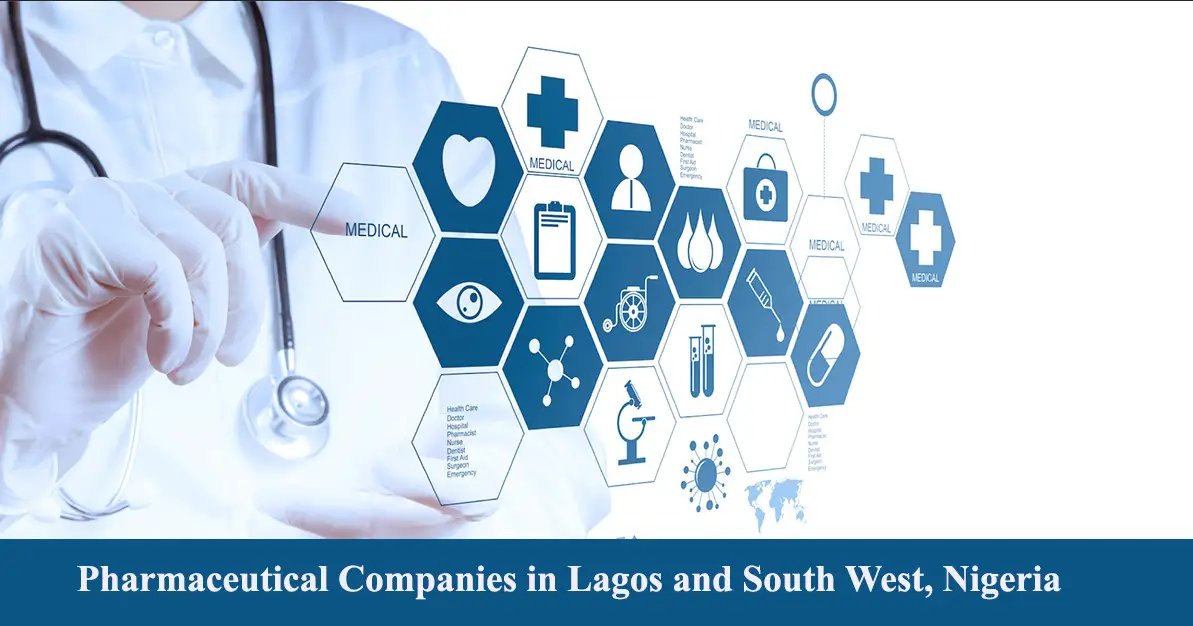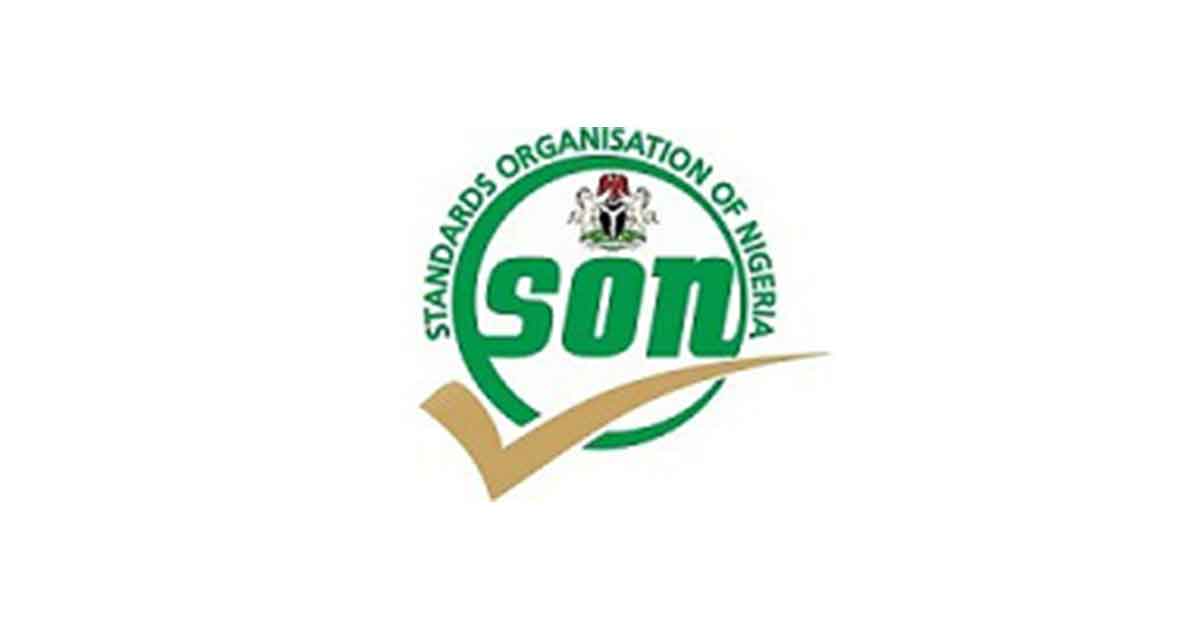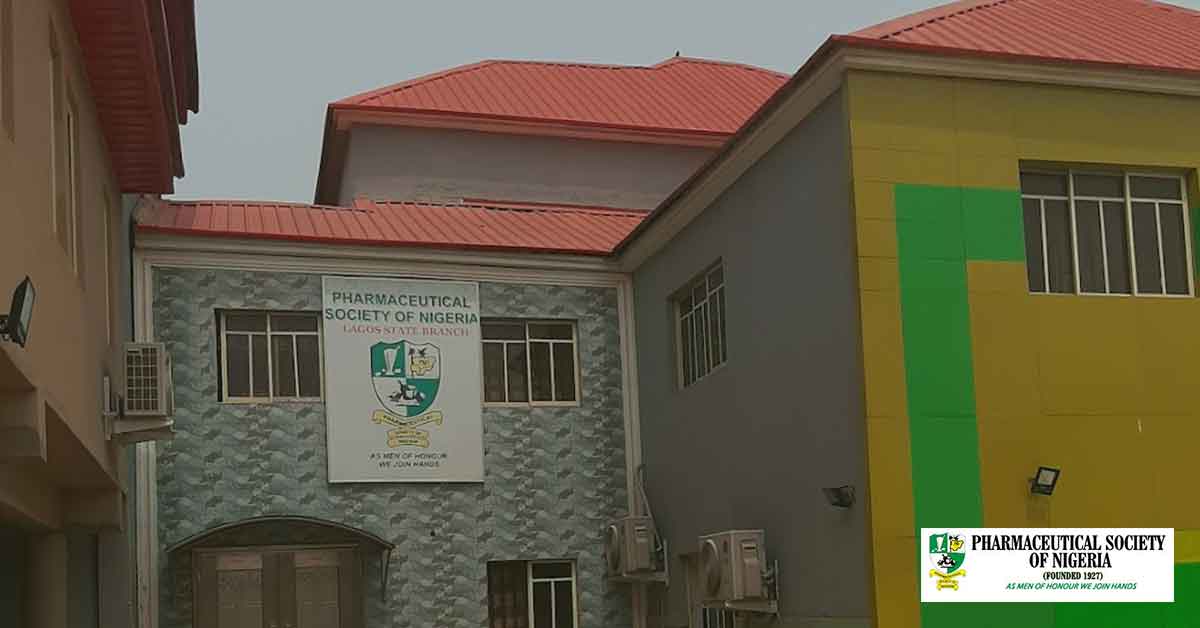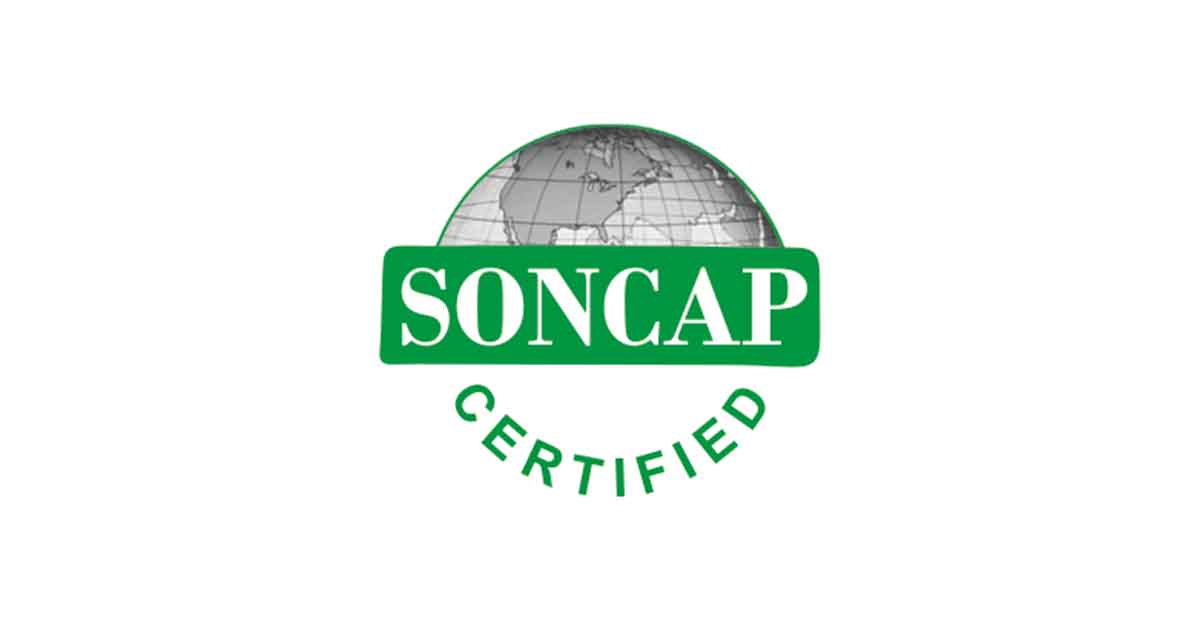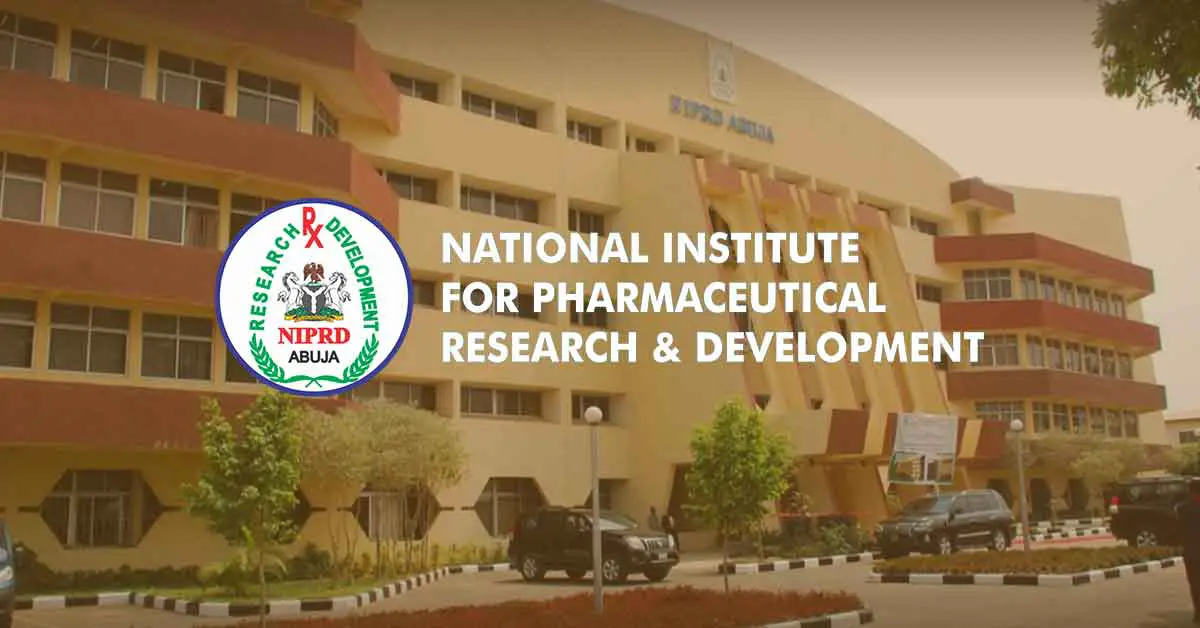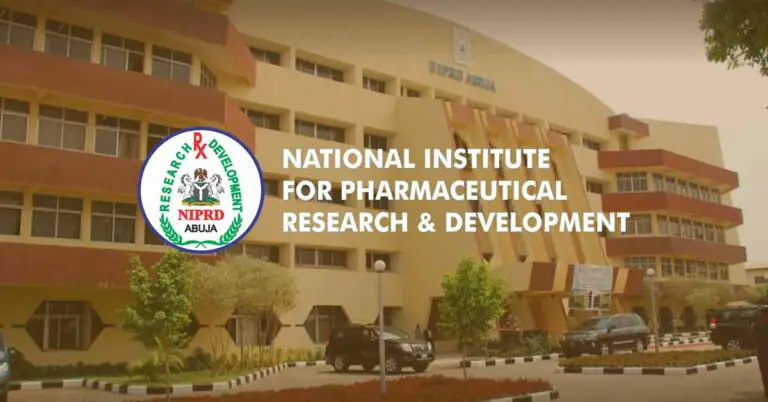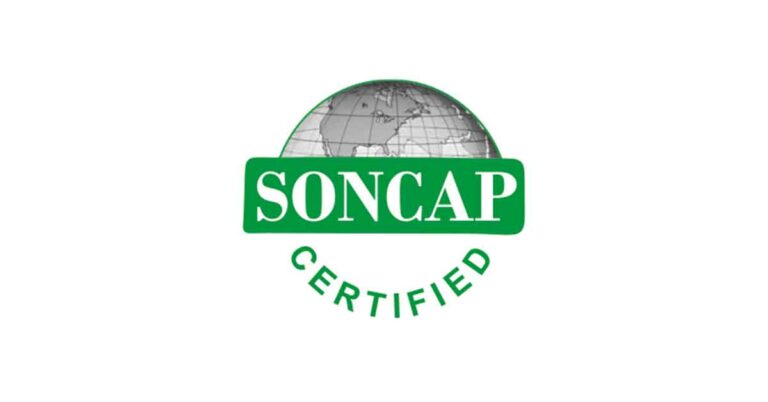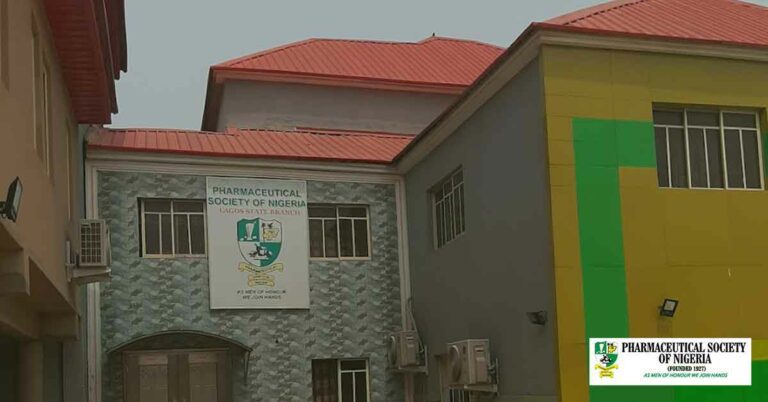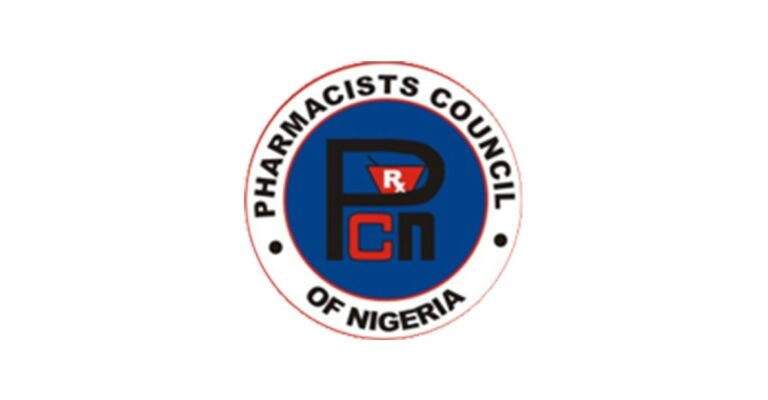NAFDAC, stands for the National Agency for Food and Drug Administration and Control, is a Federal Agency in Nigeria. It is under the Federal Ministry of Health. NAFDAC is an agency responsible for the regulation of manufacturing, importation, exportation, distribution, advertisement, sale and use of Food, Drugs, Cosmetics, Medical Devices, Packaged Water, Chemicals, and Detergents. All these are called regulated products)
Brief History
Timeline
- The idea behind NAFDAC was the resolution of 1988 World Health Assembly requesting for countries to help in combating counterfeit drugs globally.
- Nigeria was the home to counterfeit products, resulting in ban of Nigeria-made drugs by Ghana, Sierra Leone.
- The first governing council of NAFDAC, chaired by Tanimu Saulawa, was formed in December 1992.
- NAFDAC was formed during the military regime of Ibrahim Badamasi Babaginda by Decree No. 15 of 1993 (January 1993) as amended by Decree No. 19 of 1999.
- NAFDAC was officially established in October 1992.
- On January 1, 1994, NAFDAC was officially established as a “parastatal of the Federal Ministry of Health”
- NAFDAC replaced the Directorate of Food and Drug Administration and Control, an ineffective agency under the Federal Ministry of Health.
- The National Agency for Food and Drug Administration and Control Act Cap N1 Laws of the Federation of Nigeria (LFN) 2004 is the current act guiding NAFDAC.
- NAFDAC was dissolved by Olusegun Obasanjo, Nigeria President, in August 2020. A new team was established in April 2021, with Dora Akunyili as the Director-General.
NAFDAC has the corporate headquarters in Abuja and the operational office in Lagos. There are other six Zonal Offices. All of them are headed by Directors. The official website of NAFDAC is www.nafdac.gov.ng
The vision of NAFDAC is “To be a World Class Regulator that ensures availability of quality and safe Food, Drugs, and other Regulated Products” while the motto is “Safeguarding the health of the nation“
Leadership
The leadership of NAFDAC is under the control of the Director General. A Director General is appointed by the President based on the recommendation of the Health Minister. The appointment is for a 5-year term, and he/she can be re-appointed for only one more term (additional five years). The current Director General of NAFDAC is Prof Moji Christianah Adeyeye (as of February 2022).
List of all NAFDAC DGs
Prof Gabriel Osuide is the first Director General of NAFDAC after its formation in 1992. This is the list of NAFDAC DGs (Director Generals) since the inception:
- Professor Gabriel Osuide (June to December 1992, 1992-2000)
- Dora Akunyili (2001-2009) – notable for reforming NAFDAC operations with notable success.
- Dr Paul Orhii (2009-2016)
- Yetunde Oni (Acting DG, resigned in 2017)
- Professor Mojisola Christianah Adeyeye (2017 – till date)
Apart from the DG, there are eighteen (18) Directorates in NAFDAC, headed by different directors and assistant director. The directorates perform specific function such as legal, laboratory, registration, and monitoring duties. The offices are also situated in different parts of the country. They are:
- Drug Registration and Regulatory Affairs (DR&RA) Directorate – 9 Divisions
- Food Registration and Regulatory Affairs (FR&RA)
- Drug Evaluation and Research (DER) – 6 Divisions
- Narcotics and Controlled Substances (NCS) Directorate – 4 Divisions
- Chemical Evaluation and Research (CER) Directorate – 4 divisions
- Food Safety and Applied Nutrition (FSAN) Directorate – 7 Divisions
- Veterinary Medicines and Allied Products (VMAP) – 5 Divisions
- Ports Inspection Directorate (PID) – 3 Divisions
- Laboratory Services (Food, Oshodi) – There are seven (7) laboratories across the country
- Laboratory Services (Drug and Biologics, Yaba)
- Laboratory Services (Agulu) Directorate
- Laboratory Services (Kaduna) Directorate
- Investigation and Enforcement (I&E) Directorate -6 divisions
- Pharmacovigilance and Post Market Safety Surveillance (PV/PMS) Directorate – 5 Divisions
- Planning, Research and Statistics (PR&S) Directorate
- Finance and Accounts (F&A) Directorate
- Administration and Human Resources Management (A&HRM) Directorate –6 Divisions
- Legal Services Directorate – 3 Divisions
The Governing Council of NAFDAC
Members of the governing council of NAFDAC hold office for a four (4) year term and are eligible for reappointment for only one more 4 year tenure. The governing council of NAFDAC consists of:
- The Chairman to be appointed by the President based on the recommendation of the Minister
- Permanent Secretary of the Federal Ministry of Health or his representative
- The Director and Chief Executive of the National Institute for Pharmaceutical Research and Development (NIPRD) or his representative.
- The Director-General of the Standards Organization of Nigeria (SON) or his representative
- The chairman of the National Drug Law Enforcement Agency (NDLEA) or his representative
- The chairman of the Pharmacists’ Board of Nigeria or his representative
- One person to represent the Pharmaceutical Group of the Manufacturer’s Association of Nigeria
- One person to represent the Food Beverages Group of the Manufacturer’s Association of Nigeria
- The Director-General of the Agency; and
- Three other persons to represent public interest were to be appointed by the Minister.
The current chairman of NAFDAC is Yusuf A. Suleiman(correct as of February 2022)
NAFDAC collaborates internationally with World Health Organization (WHO), United Nations International Drug Control Programme (UNDCP), Codex Alimentarius Commission of Food and Agriculture Organization (CACFAO) etc.
Other local agencies that collaborate with NAFDAC are:
- Consumer Protection Council of Nigeria(CPC)
- National Drug Law Enforcement Agency (NDLEA)
- Standards Organization of Nigeria (SON)
- Consumer Association of Nigeria
- National Institute for Pharmaceutical Research and Development (NIPRD)
- Pharmacists Council of Nigeria (PCN)
- Pharmaceutical Society of Nigeria (PSN)
- Pharmaceutical Manufacturers Group of Manufactures Association of Nigeria (PMG-MAN)
- Institute of Public Analysts of Nigeria (IPAN)
- Association of Food, Beverage and Tobacco Employees of Nigeria (AFBTE)
- National Union of Road Transport Workers (NURTW) etc
Functions and Duties of NAFDAC
- Regulate and control the importation, exportation, manufacture, advertisement, distribution, sale and use of food, drugs, cosmetics, medical devices, bottled water and chemicals
- Conduct appropriate tests and ensure compliance with standard specifications designated and approved by the Council for the effective control of the quality of food, drugs, cosmetics, medical devices, bottled water and chemicals and their raw materials as well as their production processes in factories and other establishments;
- Undertake appropriate investigations into the production premises and raw materials for food, drugs, cosmetics, medical devices, bottled water and chemicals and establish relevant quality assurance systems, including certificates of the production sites and of the regulated products;
- Undertake inspection of imported food, drugs, cosmetics, medical devices, bottled water and chemicals and establish relevant quality assurance systems, including certification of the production sites and of the regulated products;
- Compile standard specifications and guidelines for the production, importation, exportation, sale and distribution of food, drug, cosmetics, medical devices, bottled water and chemicals;
- Undertake the registration of food, drugs, cosmetics, medical devices, bottled water and chemicals;
- Control the exportation and issue quality certification of food, drugs, cosmetics, medical devices, bottled water and chemicals intended for export;
- Establish and maintain relevant laboratories or other institutions in strategic areas of Nigeria as may be necessary for the performance of its functions under this Act;
- Pronounce on the quality and safety of food, drugs, cosmetics, medical devices, bottled water and chemicals after appropriate analysis;
- Undertake measures to ensure that the use of narcotic drugs and psychotropic substances are limited to medical and scientific purposes;
- Grant authorization for the import and export of narcotic drugs and psychotropic substances, as well as other controlled substances;
- Collaborate with the National Drug Law Enforcement Agency in measures to eradicate drug abuse in Nigeria;
- Advise Federal, State and local governments, the private sector and other interested bodies regarding the quality, safety, and regulatory provisions on food, drugs, cosmetics, medical devices, bottled water and chemicals;
- Undertake and co-ordinate research programmes on the storage, adulteration, distribution and rational use of food, drugs, cosmetics, medical devices, bottled water and chemicals;(o) issue guidelines on, approve and monitor the advertisement for drugs, food, cosmetics, medical devices, bottled water and chemicals;
- Compile and publish relevant data resulting from the performance of the functions of the Agency
- Sponsor appropriate national and international conferences.
- Liaise with relevant establishments within and outside Nigeria in carrying out its functions
- Determine the suitability of medicines, drugs, food products, cosmetics, medical devices or chemicals for human and animal use.


